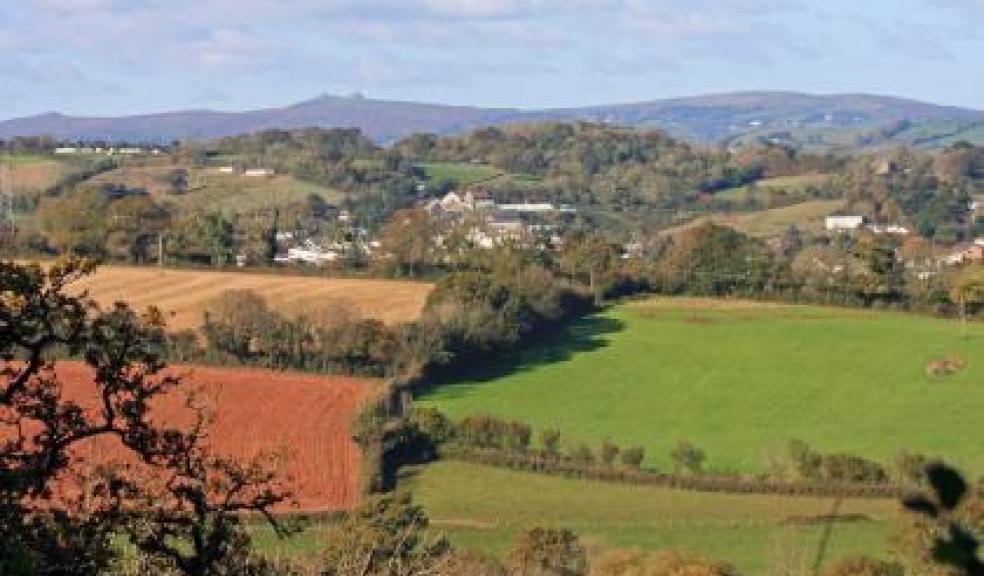
Demand for land falls sharply in SW
A significant drop in demand for rural land was reported in H1 2016, and with continuing modest supply increases, expectations have been pushed further into negative territory. Across the country, 49% of contributors now expect prices to fall across all farm types over the coming year. Anecdotal evidence from respondents suggests that several factors are combining to dampen sentiment in the market which include increased uncertainty due to the EU Referendum, increased localised pricing with less fashionable areas facing difficulties, and low commodity prices.
Commercial farmland has seen the worst of the current downturn in the South West with demand falling most substantially in this sector (net balance of -30%), but residential farmland also saw a drop in buyer interest in H1 with 10% more contributors reporting a fall rather than a rise.
Expectations for commercial farmland over the coming year are firmly in negative territory (30% of respondents expect a further decline in prices). However, the outlook for mixed residential land has also shows a similar trend in H1 with a net balance of 30% of surveyors expecting prices to fall rather than rise over the next year in the South West region.
The opinion based measure of farmland prices, a hypothetical estimate by surveyors of the price of bare land, fell by 4% during H1 2016 in the South West and now stands at £8,250 per acre.
The survey also shows that national average arable land rents fell by 8.8% in H1 and by 3.1% over the year as a whole. Average pasture land rents fell by 6.7% in H1 and by 7.3% over the year, nationally. Consequently, yields on investment land also decreased, to 1.6% in H1. The buyer profile in the South West has remained broadly unchanged over recent years with individual farmers still representing around 60% of purchases. Meanwhile ‘lifestyle’ buyers compose around one quarter of the demand.
Although uncertainty is weighing on the market currently, members’ comments suggest that, over the longer term, farmland is still seen as a safe asset and desirable to investors with rollover money continuing to underpin demand.
RICS Senior Economist, Jeff Matsu said, “Commodity price volatility was already negatively impacting sentiment in the rural land market prior to the EU referendum, and the outcome of the vote has added further uncertainty. For now, this appears to be weighing heavily on demand and prices have begun to slide. Nevertheless, going forward, at least some encouragement can be taken from the potential for the Bank of England’s monetary policy stimulus to support activity. In addition, the fall in sterling should prove beneficial to agricultural exporters and farmlands’ safe haven status may attract long term investors, particularly for prime holdings.”
RICS Head of Policy, Jeremy Blackburn added, “EU subsidies play a role in propping up the profitability of many UK farmers and landowners, and anecdotal comments from survey respondents have highlighted the impact that uncertainty surrounding CAP related payments has had on the market. The Chancellor’s announcement last weekend that the Common Agricultural Policy (CAP Pillar 1) will be upheld until 2020, and agri-environment schemes agreed before the Autumn Statement will be protected, will be welcomed. The Government’s two or three year safety net was announced after our survey was closed, and, it remains to be seen how the rural land market will perform in light of these medium term measures.”
Jack Mitchell MRICS from Humberts in Taunton commented, “A number of factors are influencing the market; on the bearish side are generally poor agricultural commodity prices and uncertainty following the EU referendum. On the bullish side are continued capital tax reliefs, with a number of purchasers looking to rollover gains…There are likely to be opportunities for farming businesses to expand over the next 12-24 months. Prices are likely to continue to vary significantly, due mostly to location rather than quality.”













